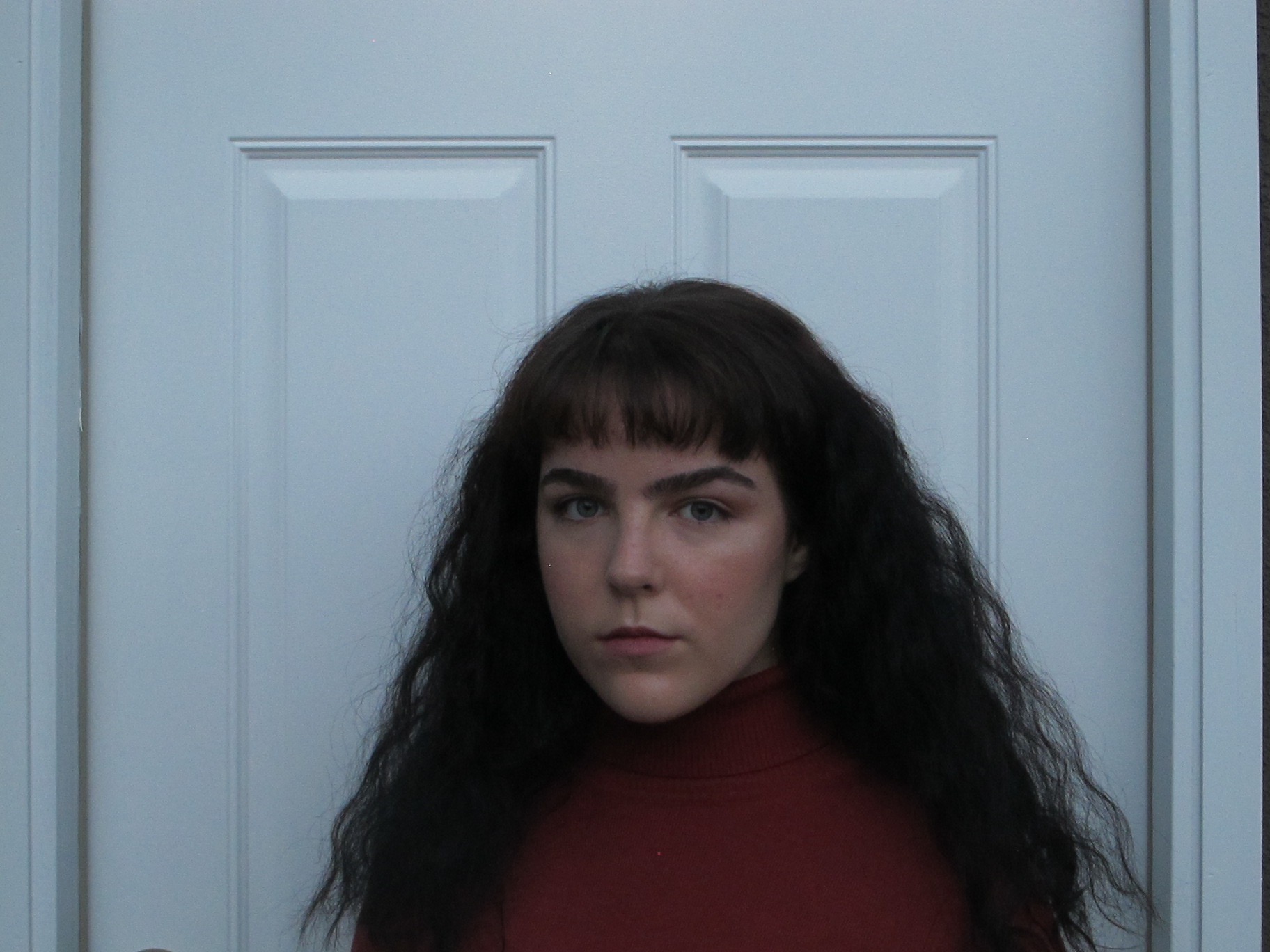ISSN: 1941-4137
POETRY THAT ENACTS THE ARTISTIC AND CREATIVE PURITY OF GLASS
POETRY THAT ENACTS THE ARTISTIC AND CREATIVE PURITY OF GLASS

Hanna Andrews is a queer writer and student from Southern California, and is a senior editor on her school's literary magazine. She is the winner of the 2017 Young Cuírt New Writing Prize through the Cuírt International Festival of Literature, and was a finalist in the 2017 F(r)iction Winter Poetry Contest. Her work has been published in Rookie, Penn Review, Poetry Space, Aerie International, Inkblot, among others, and she has a short methodology forthcoming in the Cockroach Blueprint Anthology through Thirty West Publishing House. She is interested in exploring historical themes and the minutia of grief.
For the Break
For the break, he is never so lucky,
born with too much tendon and
wobble, a mess of chestnut and
flush before the bruise. In the event
of an accident, his vitamin deficiencies
will slow recovery, plasma departing
from platelets to fill skin with swamp,
causing wrist to slouch at the check
of a pulse, welcomed by flicker and
stretcher, Shabbat, a holy break. His
bones, too, will brittle and husk,
imposing osteoporosis beneath
already worn knees. For the bend,
he is never so lucky, retaining most
of his contents post tailgate rodeo,
escaping hangover by induced coma.
His nurses will be charmed, his Jell-O
digestible. In the event of a relapse, he
may take flight past linoleum and
disposable gloves in search of quarantine
and night watch, all the while indulging in
cleaning product in storage closets with
knee to nod to knuckle hunch. In search
of suspension, he might be witnessed
on security cameras, Havisham and
half-famished, laced with tape twill
ties up scoliosis droop. Between stagger
and eye twitch, they will call him wild.
"For the Break" focuses on a subject fraught with self-destructive behavior, as someone who lives on the fringe, teetering on pushing his own corporal limits to the breaking point. The process of constructing the poem was very much anchored in flushing out the visceral qualities of these limits, and exploring the textures and postures necessary to describe the trauma of the events taking place. In this way, the commotion animating the scenes bordering moments of isolation and stillness relates to the pull of melancholy in the backdrop of an ever-spinning world.
Glass: A Journal of Poetry is published monthly by Glass Poetry Press.
All contents © the author.
All contents © the author.





